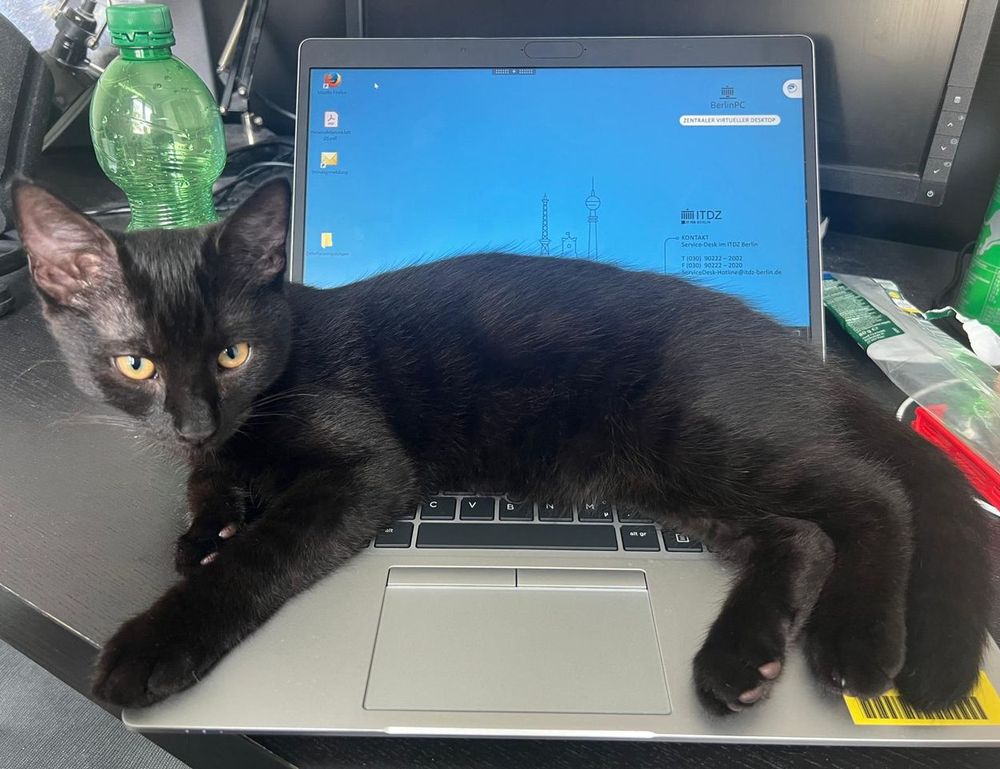What Do We Know About 9106440950?
First off, this isn’t just a random string of numbers. It’s a real number, and many users online report it as a source of repeated calls. Some say it’s a sales number; others claim it’s a survey line. And some folks…they can’t tell who’s calling or why. That vague uncertainty makes it vital to be cautious but informed.
The number appears to be a U.S.based one, and phone lookup sites often associate it with telemarketing firms or automated customer feedback tools. In short, there’s a high chance it’s a robocall or part of a mass outreach system.
Why Are You Getting Called?
Here’s the real talk: if you’re getting calls from this number, chances are your number’s on some list. That could be because:
You signed up for something online and didn’t opt out of marketing messages. Your number got scooped up in a data breach. A previous user of your mobile number might’ve subscribed to something shady. You engaged with a company whose systems route automated followups through numbers like this.
That last one’s important—sometimes legitimate brands use thirdparty call centers or automatic dialers that show up as unfamiliar numbers.
How to Handle Calls from 9106440950
Let’s break down your options. When you get an unexpected call:
- Don’t answer unknown numbers. If it’s important, they’ll leave a message.
- Use callblocking apps. Tools like Truecaller or Hiya can ID numbers and block spam.
- Report it. You can flag the number with your carrier or platforms like the FTC.
- Don’t interact. If you pick up and hear a delay or recording, hang up. Don’t press numbers.
Avoid calling it back. Some spam calls are designed to confirm whether your number is active. Once they know it is, you might get even more calls.
What Others Are Saying About It
There’s a bigger pattern. Type “9106440950” into any search engine and you’ll find pages of forums, complaint boards, and reviews. Users commonly report:
No message left Multiple calls in a day or week Hangups or silence when answered Identical call patterns with different numbers
This points toward robocalling software. It dials dozens, sometimes hundreds, of numbers at once. When someone answers, it may pass the call onto a human agent—or just collect data.
Can You Block It? Yep.
Most smartphones today come with builtin blocking. If you’re using iOS:
- Go to “Recent Calls.”
- Tap the “i” symbol next to the number.
- Scroll down and select “Block this Caller.”
Android? Similar process—just longpress and look for “Block” or “Reject Call.”
You can also take broader action. Register your number with the National Do Not Call Registry. It won’t stop all spam, but it cuts back on the honestbutannoying marketing calls. Some apps also let you autosend awful numbers straight to voicemail without ever ringing your phone.
If You Think It’s a Scam
Things get a bit more serious when the caller uses scare tactics—like claiming your taxes are overdue or saying your account’s compromised. These are classics. If 9106440950 ever starts spewing this kind of talk:
Never share personal info. Call the supposed agency directly to verify. Save the voicemail or record the call if it feels threatening.
In some cases, scammers use “spoofed” numbers. This means they fake the area code and ID to look local and more trustworthy. The 910 area code adds that false sense of familiarity. That’s all part of the script.
When It’s Not a Spam Call
Let’s not forget—sometimes legitimate companies get flagged unfairly. You might’ve signed up for something, and that service uses an outsourced call center. If the number belongs to your bank, insurance, or a recently contacted service provider, a quick doublecheck on their official website might shed some light. Look it up. Confirm. Then decide how to respond.
Final Take
So, what’s the deal with 9106440950? In 90% of cases, it’s likely to be one of three things:
- A robocall dialer hitting batches of numbers.
- A telemarketing operation managing bulk outreach.
- A mistakenly flagged legit number tied to a service or company you interacted with.
The best move? Defensive action. Use your phone’s tools. Don’t engage unless you’re certain. And don’t stress. You’ve got simple, fast ways to stay ahead of these calls. Let your voicemail do some of the work and keep your cyber hygiene clean.



